Thematic Areas
Like many francophone African countries, property tax in Senegal is a local tax administered jointly by two central government agencies within the Ministry of Finance and Budget – the Directorate General of Taxation and Domains (DGID) and the Public Treasury (DGCPT) – on behalf of municipalities. The General Tax Code (Code Général des Impôts) mandates the administration of property taxes and establishes provisions including rates, exemptions, and valuation methods. In this system, property owners are expected to make annual declarations to the DGID, specifying the location and value of their properties. This declaration serves as the basis for determining the tax liability.
Responsibilities within the property tax lifecycle are distinctly divided between the DGID and the Treasury. The DGID oversees the identification and valuation of properties and the issuance of tax notices that are transferred to the Treasury. The DGID has decentralized nationwide service centers responsible for processing property declarations and conducting surveys to update the property database. Meanwhile, the Treasury manages the distribution of tax notices, payment collection, and enforcement, with nationwide offices to facilitate this. Taxes collected are deposited into municipal accounts, with the General Local Government Code (Code Général des Collectivités Locales) mandating their use for essential services like street lighting and waste management.
Due to the declarative system and an outdated property database, property tax has underperformed in Senegal. To improve this, the DGID initiated Programme Yaatal, employing digital tools for a nationwide census to more effectively identify and register properties. The initiative aims to boost property tax performance by ensuring more accurate assessments of taxable properties.
Learn more:
- Monkam (2017): “Chapter 24: Senegal”, Property Tax in Africa https://www.lincolninst.edu/publications/books/property-tax-in-africa
- Cirolia and Mizes (2019) : “Property Tax in African Secondary Cities: Insights from the Cases of Kisumu (Kenya) and M’Bour (Senegal).” https://www.ictd.ac/publication/property-tax-african-secondary-cities-kenya-senegal/
- Knebelmann and Pouliquen (2021): “Strengthening Property Valuation for Taxation in Dakar, Senegal” https://www.ictd.ac/blog/property-tax-valuation-reform-dakar/
Featured Projects

Status: Completed
The Dynamics of Reform and Inter-institutional Collaboration in Senegal
Upcoming Publications
Research & Publications
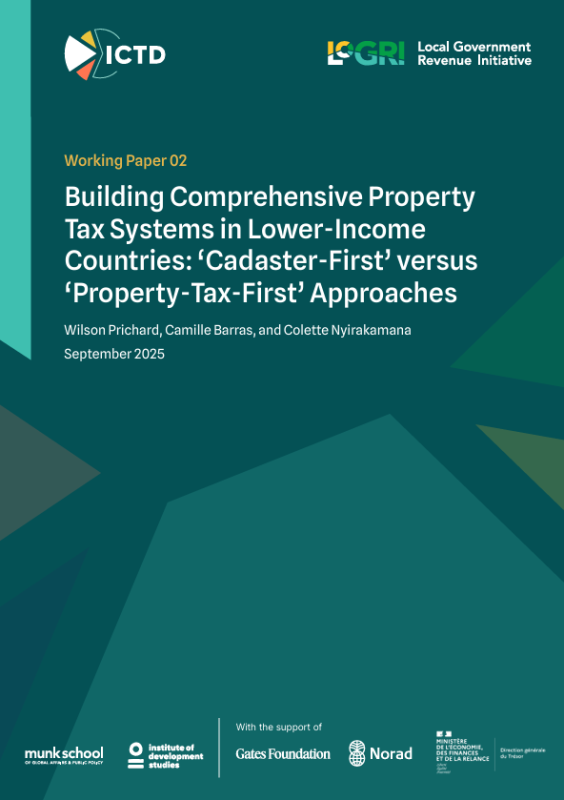
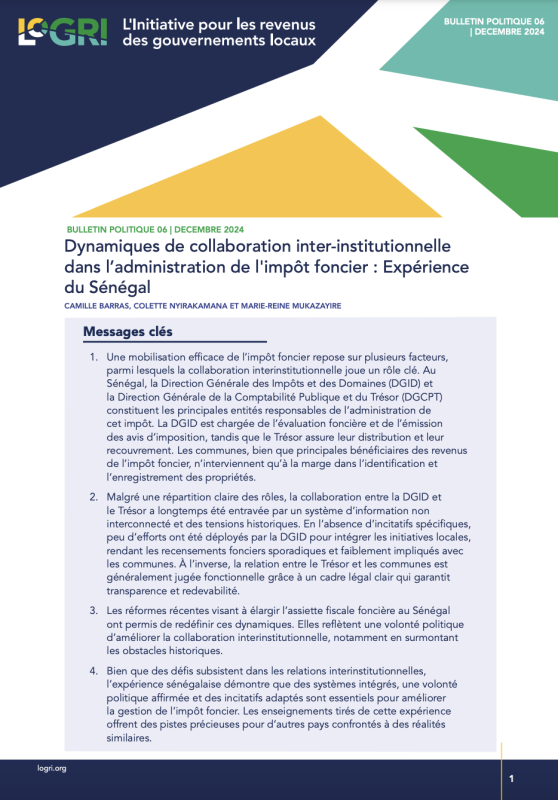
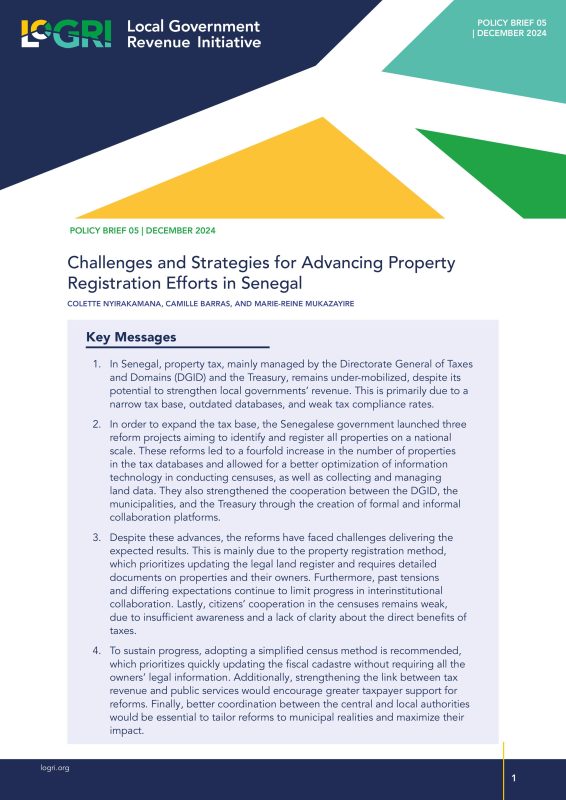
Related Media

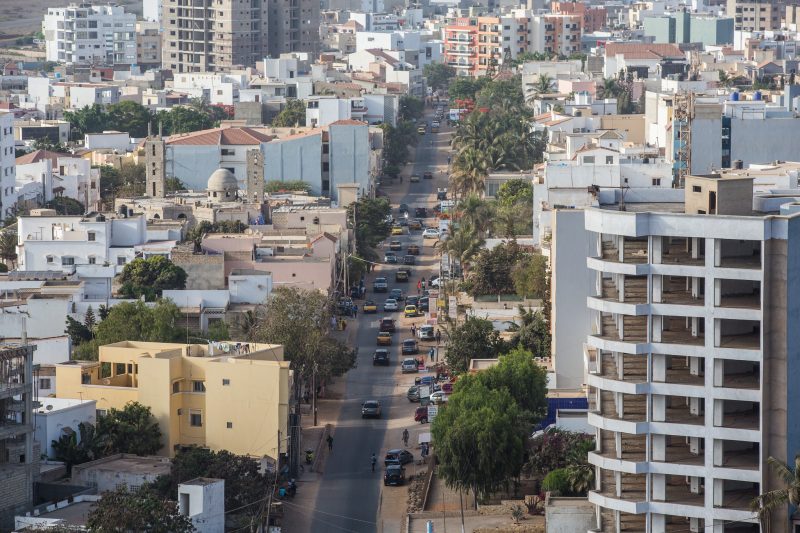
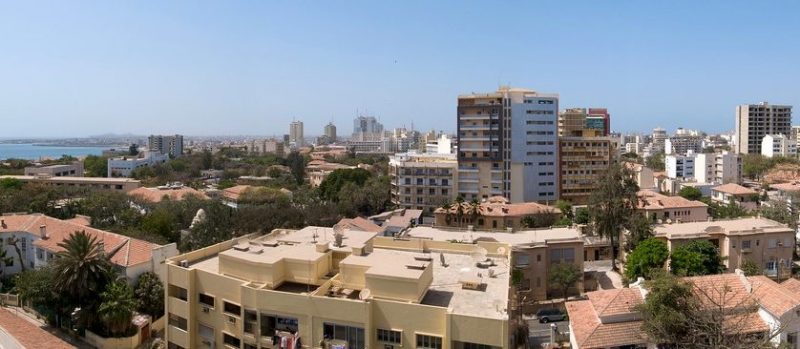
Photo credit to Wikimedia Commons / Jeff Attaway

